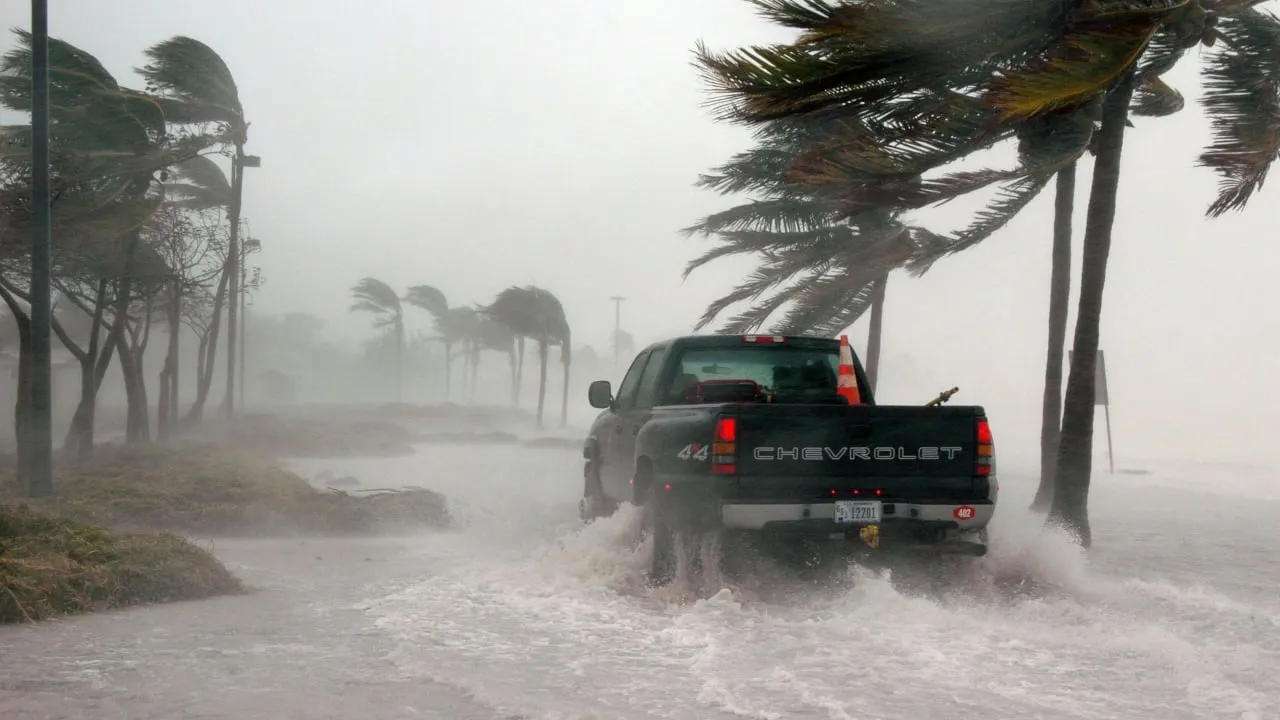US Weather Agency Turns to AI for More Accurate and Faster Hurricane Forecasts

The agency, which has been utilizing machine learning for years, is now leaning heavily on neural networks to boost prediction accuracy.
The U.S. National Oceanic and Atmospheric Administration’s National Weather and Hurricane Services is turning to AI to predict the weather.
The agency, which has been utilizing machine learning for years, is now leaning heavily on neural networks to boost prediction accuracy.
“Recently, the National Hurricane Center has started using a neural network-based model to look at intensity changes,” Chief Scientist at the National Weather Service, Monica Youngman, told Decrypt. “But these are just really pieces of that modeling puzzle that are being correlated for the modeling side.
As the effects of Hurricanes Helene and Milton linger, scientists are increasingly turning to artificial intelligence to give experts an edge in predicting and preparing for future storms. With climate change intensifying hurricanes, accurately forecasting their arrival and impact is becoming increasingly important.
Founded in 1970, the National Oceanic and Atmospheric Administration is a federal agency focused on understanding and predicting climate, weather, oceans, and coastal changes.
The much older National Weather Service (NWS), founded in 1870, was folded into NOAA in 1970. The National Weather Service delivers weather forecasts, warnings, and observations to protect life and property.
In addition to increasing accuracy in predictions, NOAA also utilizes AI to make weather predictions and alerts faster in various languages, Youngman explained,
“Previously, it had been primarily our Puerto Rico-based office doing translations by hand, and now we can not only do Spanish, but there's a total of five languages that are being translated,” Youngman said, noting Chinese, Spanish, Vietnamese, Samoan, and French.
Generative AI models like OpenAI’s ChatGPT are transforming industries, but NOAA however isn’t ready to dive in just yet.
“Right now, we're using machine learning primarily,” she said. “There are research efforts to look at how we could go from observations to a forecast, which would use more generative AI techniques, but those are the very early research stages not being used currently.”
Where generative AI is helping NOAA and the National Weather Service, Youngman said, is fighting misinformation surrounding storms and recovery efforts.
In the wake of Hurricane Helene, disinformation spread on social media, including that funding had dried up, help was not coming, and shadowy entities were controlling the weather.
“It definitely helps with that, and it helps reach communities that we haven't been able to reach before,” Youngman said. “There's a lot of impact to communities that their primary language is not English. So that's really what we're trying to do, is make sure they get the authoritative, trusted information as quickly as possible and as easily as possible for them to understand.”
Edited by Sebastian Sinclair
Related News
- How Meta Is Helping AI Models 'Think' Clearly Before Answering
- Ripple Hits Miami, But XRP Army Appears MIA
- Radiant Capital Exploited for $50 Million Across BNB Chain, Arbitrum
- Realm of Historia Making History ‘Accessible’ With First NFT Collection
- Prada Reveals Futuristic Spacesuit for NASA's Next Moon Landing
- SEC Limits, Technical Hitches Combine for Lackluster Trump Token Sale
- Crypto Trader Turns $5K Into $1.5 Million With Lucky Bet on GOAT Meme Coin
- Florida Man Sentenced to 20 Years in Prison Over Crypto Ponzi Scheme
- Italy Reveals 62% Increase in Bitcoin Capital Gains Tax
- Dogecoin Pumps Following Elon Musk 'D.O.G.E.' Tweet
© 2025 DeFi.io